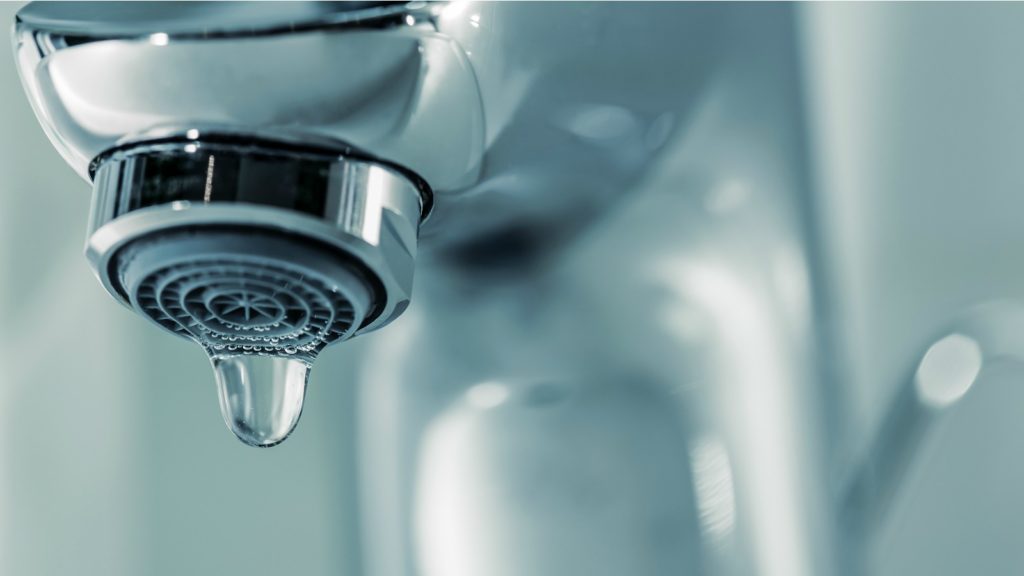Plans to encourage customers to reduce water use and introduce a personal water consumption target have been published.

The proposals form part of a public consultation to examine how water can be saved on a personal level, and how industry can take a leading role in supporting customers to use less.
It is a message that has been promoted by the Bathroom Manufacturers Association, which has urged retailers to educate consumers about water use.
Sponsored Video
The Government is asking for evidence to help set an “ambitious but appropriate target” for personal water use by 2050.
In the 25 Year Environment Plan, the government has committed to incentive greater water efficiency and less personal use.
Environment Minister Thérèse Coffey said: “We take our supply of clean water for granted and to keep doing that, given the growing population and impact of climate change, we need to challenge ourselves more on how much water we actually need to use.
“While water companies must lead the way in reducing leakage, using water efficiently will help ensure we all have enough water for our homes, to produce food, products and services, and to protect our valuable natural environment for the next generation.
“This call for evidence will help us set an ambitious target for personal water consumption.
On average, a person in England currently uses 141 litres of water per day, and over the last few years consumption figures have begun to rise.
Research by the National Infrastructure Commission (NIC) has shown if this trend continues, England could see significant water deficits by 2050.
Chief Executive of the Environment Agency Sir James Bevan said: “Balancing the water needed for people and the environment in the face of a warming climate and a growing population will be one of the major challenges of the next 25 years.
“Our tap water comes direct from the ground, and our lakes and rivers where it supports wildlife.
“It is only by reducing the amount of water we all use that we can reduce pressure on the environment and avoid future water shortages.
“I’d encourage everyone to take part in the consultation and think about ways you can use less water.”
The consultation seeks to establish a personal water consumption target, inviting responses from the public as well as specialists including water companies and academics.
It will look at measures on how to achieve this non-binding target and will include exploratory questions around:
- the labelling of water-using products;
- how building standards can be improved;
- the future role of metering;
- the implementation of behaviour change campaigns; and,
- how to improve the availability of information for consumers.
The consultation will run for 12 weeks and will be open to any interested parties in England.
The deadline for response is October 11, 2019.



